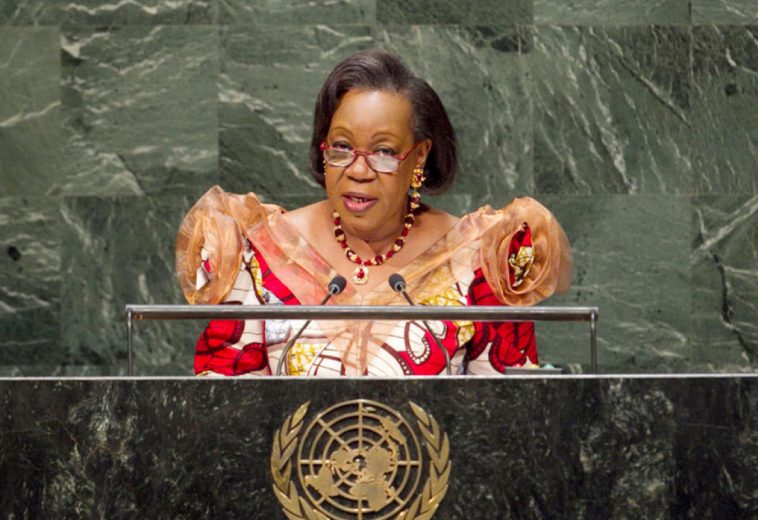The continent faces a complex landscape of issues ranging from terrorism and organized crime to cyber threats and pandemics. In this era of interconnectedness, addressing these challenges requires a coordinated and collaborative effort from African leaders. We delve into the pressing issue of transnational security threats in Africa, exploring the nuances of the situation and highlighting the imperative for visionary leadership.
The rise of extremist groups such as Boko Haram in West Africa, Al-Shabaab in East Africa, and various affiliated factions has created an environment of instability and fear. These groups exploit porous borders and regional disparities to carry out their activities, posing a significant threat to peace and security. African leaders must adopt a unified approach, leveraging intelligence sharing and coordinated military efforts to counteract these transnational terrorist networks.
Transnational criminal networks engage in activities such as drug trafficking, human smuggling, and the illegal trade of arms. The porous nature of many African borders facilitates these illicit activities, undermining national security and fostering corruption. African leadership must invest in robust border control measures, enhance law enforcement capabilities, and collaborate with international partners to dismantle these criminal enterprises.
With the increasing digitization of societies, Africa is not immune to the growing menace of cyber threats. These threats, ranging from cybercrime to state-sponsored attacks, can disrupt critical infrastructure, compromise sensitive information, and undermine economic stability. African leaders need to prioritize cybersecurity measures, invest in technological capabilities, and establish legal frameworks to address cyber threats effectively.
The COVID-19 pandemic has underscored the importance of health security as a critical component of overall national security. Transnational health threats do not respect borders, and effective responses require international collaboration. African leaders should invest in healthcare infrastructure, strengthen regional cooperation in disease surveillance, and promote research and development in the health sector.
Conflict, economic instability, and environmental factors contribute to large-scale displacement, leading to refugee and migration challenges. African leaders must address the root causes of displacement, foster regional cooperation on migration policies, and work towards creating economic opportunities to reduce the push factors that drive people to leave their homes.
As Africa grapples with transnational security threats, the need for visionary leadership has never been more apparent. African leaders must transcend national interests, embracing a collaborative and holistic approach to address the interconnected challenges facing the continent. By fostering regional cooperation, investing in technology and infrastructure, and adopting proactive measures, African leadership can pave the way for a more secure and stable future. The path forward demands courage, innovation, and a commitment to building a resilient continent capable of withstanding the complex challenges of the 21st century.


